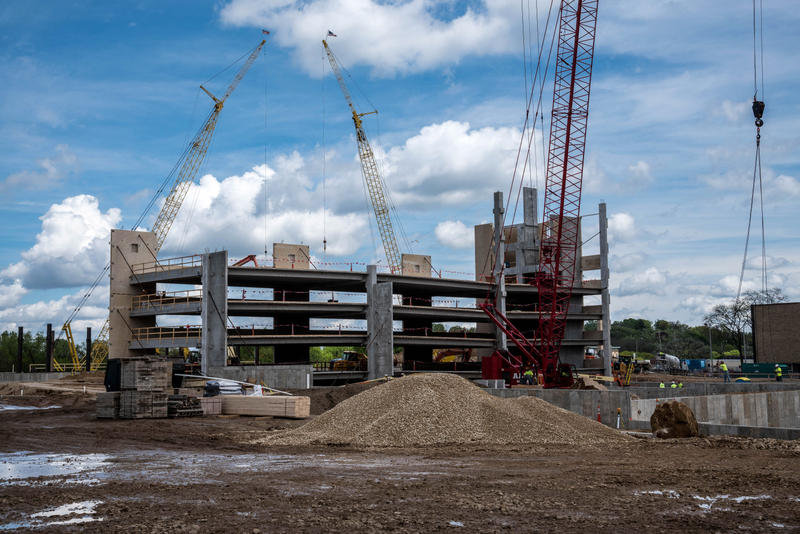Construction site supervisors are important managerial positions that oversee large and small construction sites for builders and construction companies. Their duties can span management of multiple construction sites such as might occur with housing developments where several homes are under construction at once, commercial building projects, land development, and even huge projects like the building of multi-level high rises in large metropolitan areas. The level of responsibility in supervising such building projects can vary according to the particular project site as well as the construction company for which you are employed.
If you are interested in working as a construction site supervisor, then you are sure to find it to be a lucrative, rewarding, and highly important career choice. The United States Department of Labor indicates that in 2020 most construction site supervisors earn around $78K per year. Similar earnings potential is reported in parts of Mexico. Additionally, many construction projects may provide added income opportunities for closing the project on time, meeting construction milestones, ensuring compliance with building inspections, meeting labor expense limits, meeting or saving on construction materials budgets, or other incentives set by your employer or project.
In order to qualify for a job as a construction site supervisor, most companies in 2020 will require a bachelor of construction management degree as well as the ability to pass any local or state-mandated tests or certifications that your construction company must comply with. Some localities may not require a formal degree, but in recent decades most reputable companies are hesitant to hire anyone for construction management positions who have not attained a degree for liability purposes as well as because the vast amount of knowledge and expertise that are involved in the job necessitates a higher level of education.
Besides having attained a degree in construction management, it is essential that prospective applicants have prior experience in some aspects of the field of construction even if it is only as a laborer, carpenter, or welder. Those who can demonstrate knowledge of additional construction-related skills are more highly prized since they can show that they have practical experience. Clearly, prior construction training translates well to this career when construction supervisors oversee workers actually doing those tasks. Supervisors who are familiar with what constitutes well-executed or quality workmanship are able to ensure that problems do not arise and that the construction project is being executed properly. Failure to spot flaws in craftsmanship can cause work to have to be re-done causing the project to not be completed within budgets or its predetermined timeframes.
As well, many of the responsibilities of a construction manager go beyond simple knowledge of construction techniques, it is a people management position. It is essential that construction managers are effectively able to deal with a diverse array of employees. Many construction workers may be of other nationalities, cultural or ethnic groups, and many speak limited Spanish, so experience in dealing with people from other backgrounds and even some basic construction related fluency in English or another foreign language may be valuable. Sensitivity to cultural differences and the ability to connect with workers and employees can go a long way to make the construction manager more valuable to the success of the building project.

